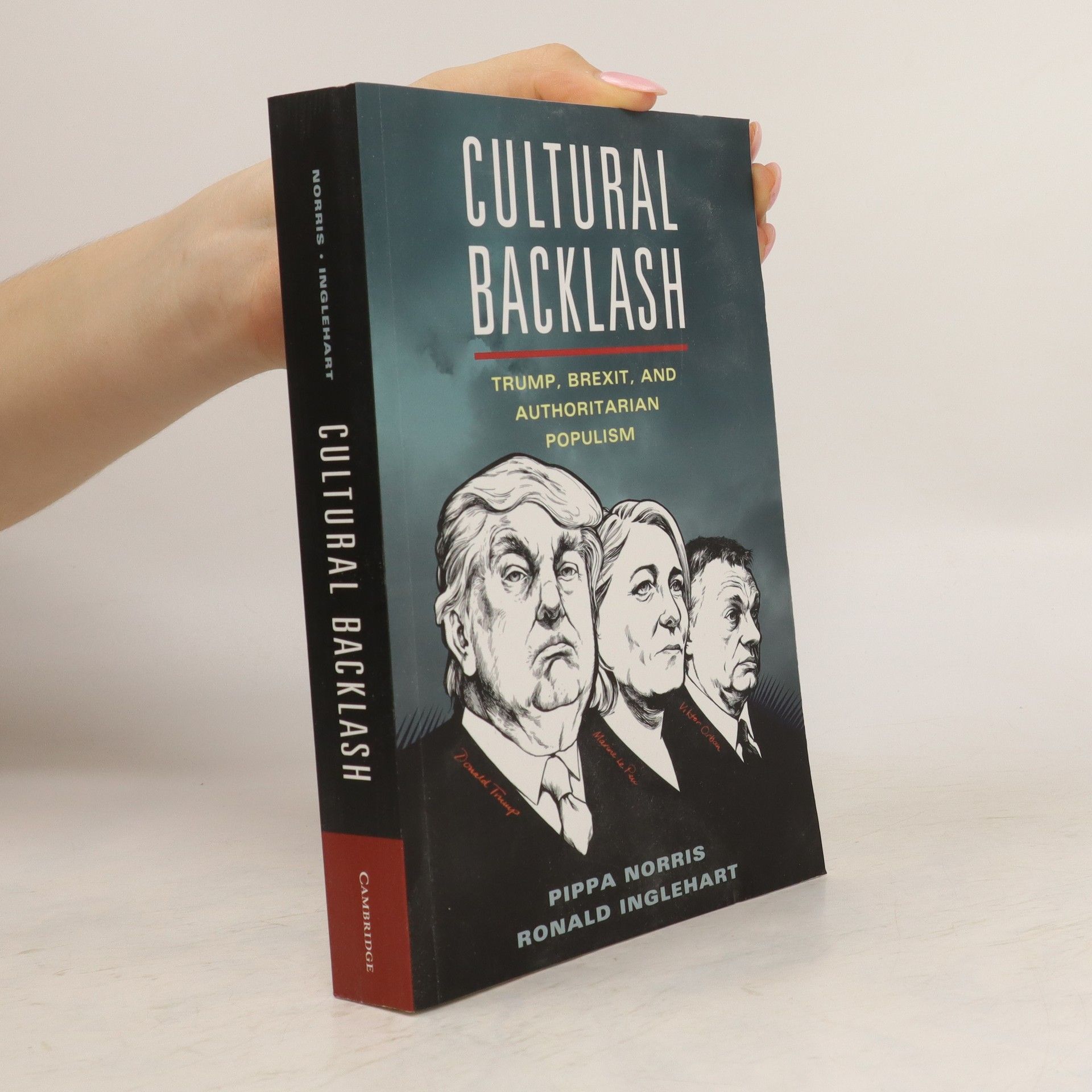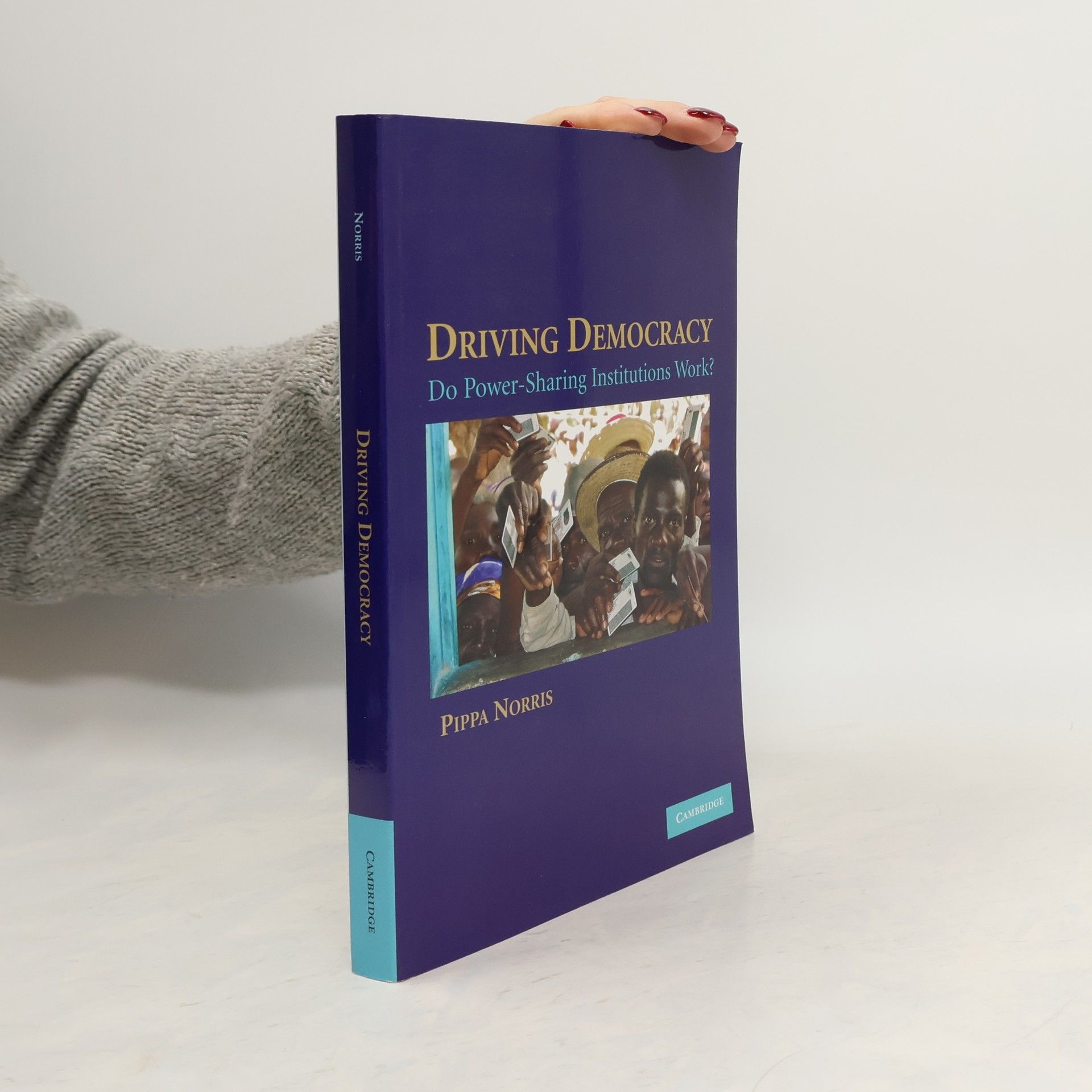A culture of trust is often seen as beneficial, enhancing markets, organizations, governance, and collective action. However, signs of eroding trust raise serious concerns. This book presents a nuanced view, highlighting that trust has two sides. For instance, belief in anti-vax theories has undermined herd immunity, while faith in Q-Anon has incited violence. Disasters arise from gullible acceptance of fake Covid-19 cures, Madoff schemes, and the false narrative denying President Biden's election. Trustworthiness relies on an informal social contract where principals expect agents to act competently and impartially despite risks. Skepticism is essential, as it reflects informed predictions about agents' future actions based on their past performance and safeguards against dishonesty. Unfortunately, assessments of trust are often flawed, with both cynical and credulous beliefs stemming from cultural biases and cognitive limitations. The conclusions are based on extensive data from the European Values Survey/World Values Survey, involving over 650,000 respondents across 100 societies over four decades. This work warns that excessive credulous trust can lead to significant, unrecognized risks in a world rife with manipulative demagogues, greedy swindlers, and conspiracy theorists exploiting our fears.
Ronald Inglehart Book order (chronological)
This influential theorist examines changing values and motivations across generations and cultures. His work explores how economic development and global events shape human behavior, from gender roles to the spread of democracy. He investigates the impacts of modernization on society, seeking to understand the dynamics of values on a global scale.






Religion's Sudden Decline
- 208 pages
- 8 hours of reading
Cultural Backlash
- 564 pages
- 20 hours of reading
Authoritarian populist parties have advanced in many countries, and entered government in states as diverse as Austria, Italy, the Netherlands, Poland, and Switzerland. Even small parties can still shift the policy agenda, as demonstrated by UKIP's role in catalyzing Brexit. Drawing on new evidence, this book advances a general theory why the silent revolution in values triggered a backlash fuelling support for authoritarian-populist parties and leaders in the US and Europe. The conclusion highlights the dangers of this development and what could be done to mitigate the risks to liberal democracy.
This book demonstrates that although advanced societies have been moving toward secular orientation, the world has more people with traditional religious views.
Cosmopolitan Communications
- 448 pages
- 16 hours of reading
Focusing on cosmopolitan communications, this book presents a novel theoretical framework that examines how global interactions can threaten cultural diversity. It explores the specific conditions that lead to these dangers, offering insights into the dynamics of communication in a globalized world.
Driving Democracy
- 320 pages
- 12 hours of reading
This book is a comparative study of power-sharing institutions that analyzes the consequences for democracy worldwide.
Modernization, Cultural Change, and Democracy
The Human Development Sequence
- 344 pages
- 13 hours of reading
The book offers a redefined perspective on modernization theory, exploring its evolution and relevance in contemporary contexts. It critically examines traditional concepts, addressing their limitations and proposing new frameworks for understanding social and economic development. By integrating historical insights and current case studies, it aims to provide a comprehensive analysis of how societies transform and adapt in the modern world. This revised approach encourages readers to rethink established ideas and engage with the complexities of modernization.
